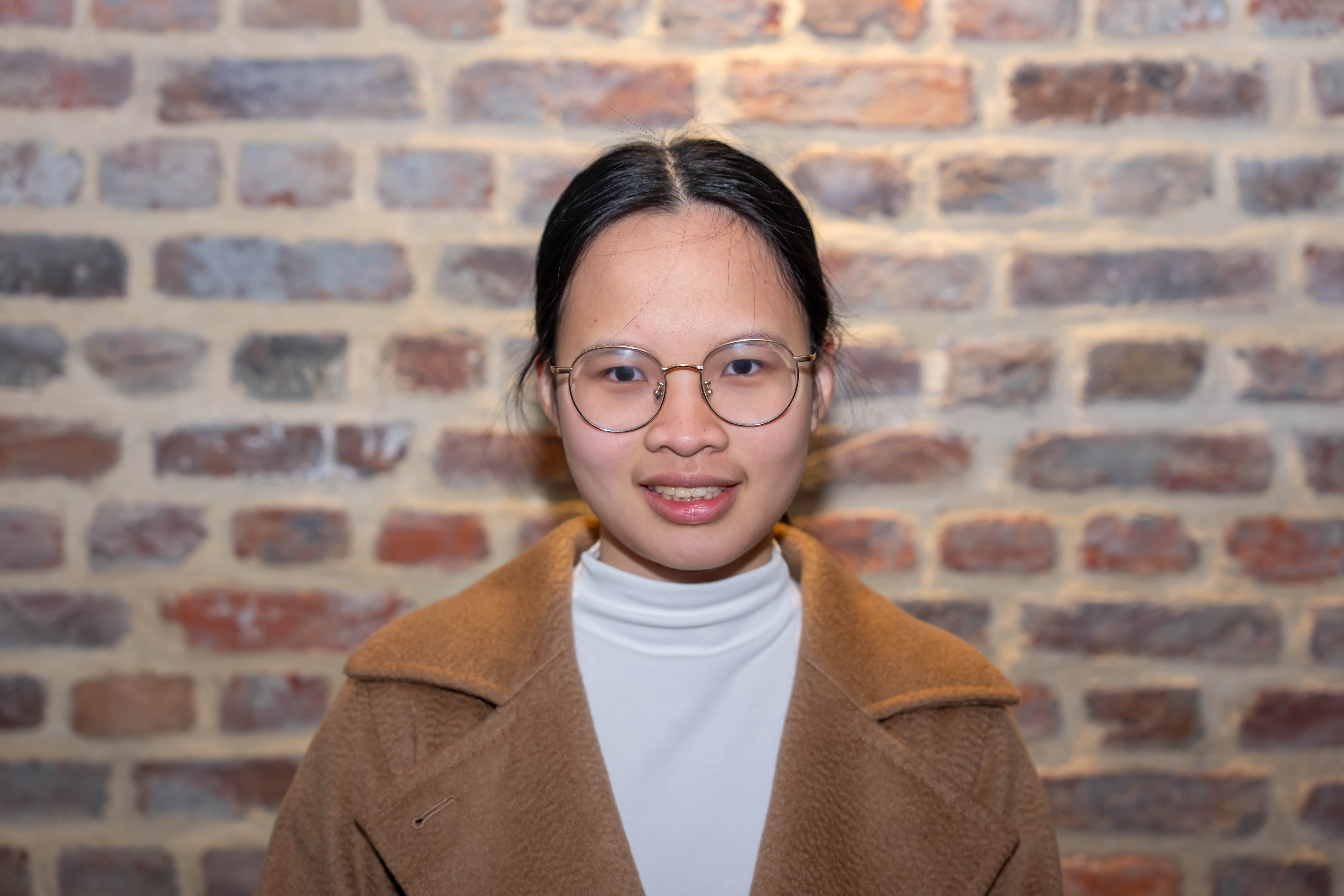Mathematics at Trinity College, University of Cambridge

Learning new concepts with her biggest mentor and supporter set Huyen on the math path from a young age. Competitions unlocked her creative energies, and moving around the world opened new doors. She has a detailed process to avoid “fake solving” problems, helping her to medal at EGMO. At university, she enjoys the rigors of analysis and learning combinatorial thinking. She’s focused on a career in math research, but there’s one problem back home in Vietnam that Huyen wants to work on first.
We caught up during the school year (interview edited for length and clarity):